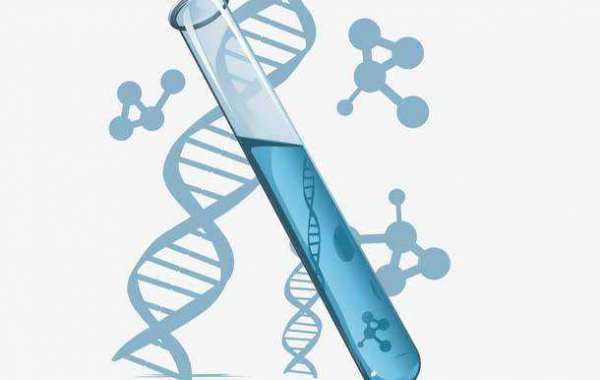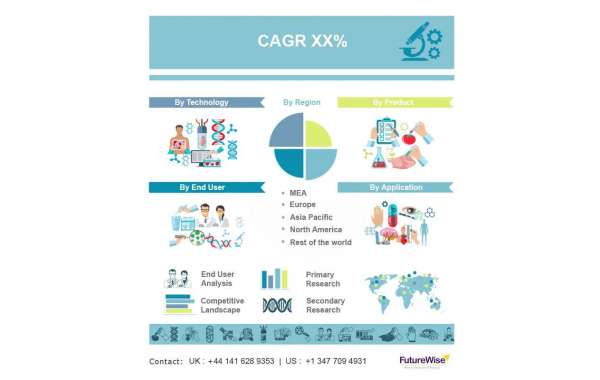While glyphosate reduces costs for farmers and helps horticulturists remove invasive plants, there are growing doubts that the benefits outweigh the risks to human and environmental health. Recent studies have shown that the chemical could harm the wrong plants, in addition to wildlife and humans.
Even if glyphosate is specific to a particular plant, it can end up in unexpected places. "Glyphosate is a non-selective herbicide," Kanissery explained. That means it can harm any plant it comes in contact with, even the native plants it protects.
For example, someone spraying it on weeds might accidentally aim some at their grass. According to the U.S. Environmental Protection Agency, when farmers spray it on a field on a hot, humid day, the droplets of the liquid herbicide move through the air like clouds and can end up on neighboring fields, a process called drift. Environmental Protection Agency.
No matter how carefully someone sprays it, Kanissery says, most of the liquid solution makes its way into the soil below, where it can get into the roots of non-target plants and kill them. Glyphosate can remain in the soil for months before underground microbes eat it and recycle it into carbon dioxide.
Glyphosate is marketed for its unrivalled ability to harm plants, but researchers have found that this powerful herbicide can also harm animals.
For example, a 2018 study published in the Proceedings of the National Academy of Sciences found that the chemical can alter the microbial community in the guts of some bees, making them more susceptible to infection. A 2018 study published in the journal PLOS ONE showed that bees exposed to glyphosate had smaller and more stunted larvae. Other studies have shown that glyphosate exposure can disrupt sleep and navigation in bees.
Still, Bayer (which bought Monsanto in 2018) claims glyphosate is safe for bees. Their claims are backed up by limited research, including a 2015 USDA study that modeled how bees spray glyphosate in fields and concluded that the chemical does not harm bees.
Glyphosate has also made headlines for its suspected link to a class of cancers called non-Hodgkin lymphoma (NHL). The link has been debated in courtrooms and continues to be tested by scientists. In 2015, the World Health Organization (WHO) called the chemical "probably carcinogenic to humans," based on animal studies, which constituted the best evidence at the time. But the U.S. EPA maintains that glyphosate is "unlikely to be a human carcinogen," based on several studies, including a large study of agriculture workers published in 2017 in the Journal of the National Cancer Institute, which found no link between glyphosate and cancer.








